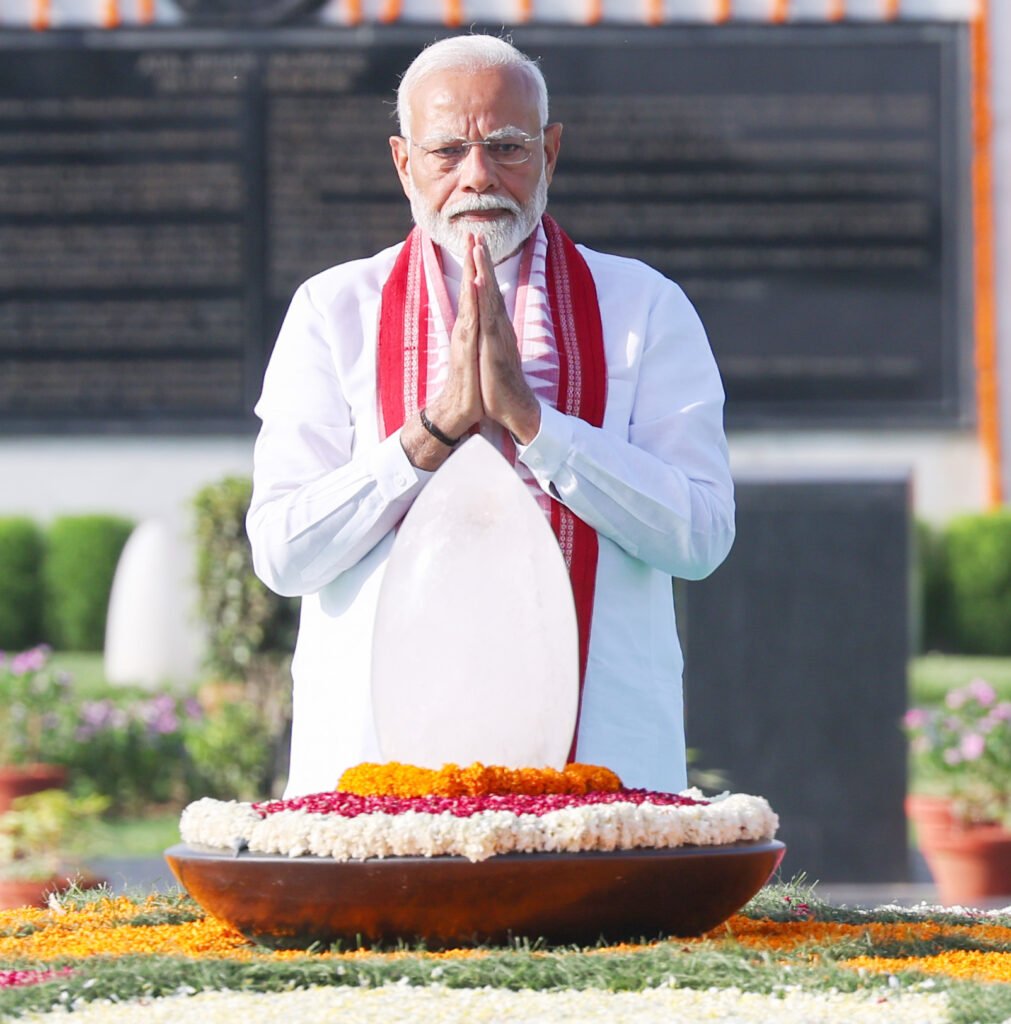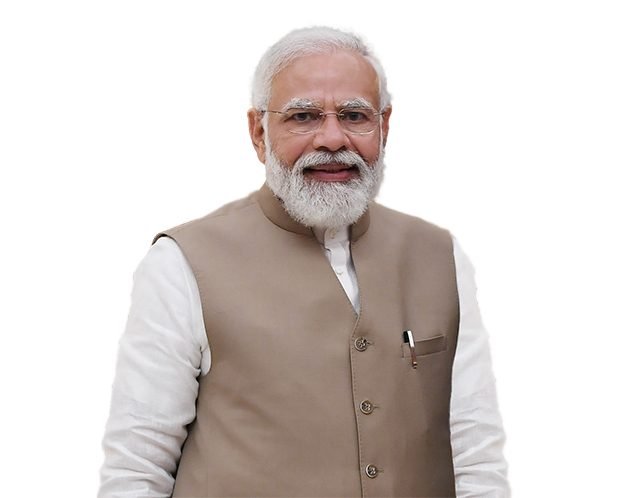India’s leader, Narendra Modi, is getting ready to become the prime minister again for the third time. This time, he’s joining forces with other parties because his party didn’t win enough votes in the recent election.
The big event where Modi will officially become prime minister again is happening on Sunday evening at the presidential palace in New Delhi. But we still don’t know who will be in Modi’s team as part of the government.
Modi’s political party, the Bharatiya Janata Party (BJP), which follows Hindu nationalist beliefs, won 240 seats in the recent election. But to have full control in the parliament, they needed 272 seats. They fell short by 32 seats, which is their worst performance in ten years of leading Indian politics.

To make up for this gap, Modi’s party teamed up with other parties to form a coalition called the National Democratic Alliance (NDA). This alliance, made up of 15 parties, gives Modi the numbers he needs to rule for another five years.
Now, these coalition partners, especially the bigger ones, are likely asking for things in return, like important positions in the government. Modi’s previous government had 81 ministers.
Newspapers like the Hindustan Times talked about busy days of negotiations. On the other hand, The Times of India mentioned that Modi’s party is trying to manage the demands of their partners.
Finding an Equal Opponent
The Telugu Desam Party (TDP), with 16 seats, is the biggest friend of the BJP. Reports say they will get four important roles in the government. The TDP is led by Chandrababu Naidu, a 74-year-old experienced politician who has been the chief minister of Andhra Pradesh three times. This party has a big influence on politics in Andhra Pradesh, a state in southern India.
Next in line is the Janata Dal (United) party, which won 12 seats. Its leader, Nitish Kumar, is 73 years old. He’s known for changing his political loyalties in the past to benefit himself. Just before the election, he left the opposition and joined hands with Modi’s party.
Experts think this alliance will change how politics works in parliament and will make Modi’s BJP, which used to be very strong, more willing to cooperate.
Sajjan Kumar, who leads a political research group in New Delhi, said, “Before, the BJP felt strong because they had a lot of seats. But now, with this alliance, they’ll have to talk more with others before making decisions.”

BJP gone home